
‘Illiberal democracy is more than a political model; it is a value proposition for the post-liberal era,’ political director to the Hungarian Prime Minister Balázs Orbán emphasized in a recent opinion piece published on Index. In the article, he argues that illiberal democracy offers a functioning alternative to what he describes as increasingly anti-democratic liberalism.

Players, coaches, agents, sporting directors, scouts, and many more from the world of football gathered to share their respective expertise and exchange ideas about the game at the third annual Football Forum Hungary, held at the Gruopama Arena, home of reigning Hungarian champions Ferencváros, in Budapest. The Hungarian capital will also be hosting the UEFA Champions League Final next year.

Hungarian teens under 18 will no longer be able to buy energy drinks starting this summer, as Parliament has unanimously passed a law aimed at curbing excessive consumption and protecting youth health, with the ban taking effect 30 days after publication.

Tibor Kapu, Hungary’s researcher-astronaut, will launch to the International Space Station on 29 May as part of Axiom Mission 4. He will carry out 25 Hungarian experiments, marking a historic return of the Hungarian flag to space after decades.

‘South Korea has the lowest birth rate of all OECD countries. Yet the court recognized a relationship that doesn’t have even the possibility of contributing to…the very survival and the existence of the human race…and treats that relationship in the same brush with the one that has that possibility of carrying on the human race. To me, it is a very bad legal reasoning.’

Leading the polls for more than a year until just one month before the election, Pierre Poilievre’s Conservative Party ultimately lost Monday’s snap election in Canada. The Liberals, led by Mark Carney, will form a government for the fourth consecutive time after an election largely shaped by US President Donald Trump.
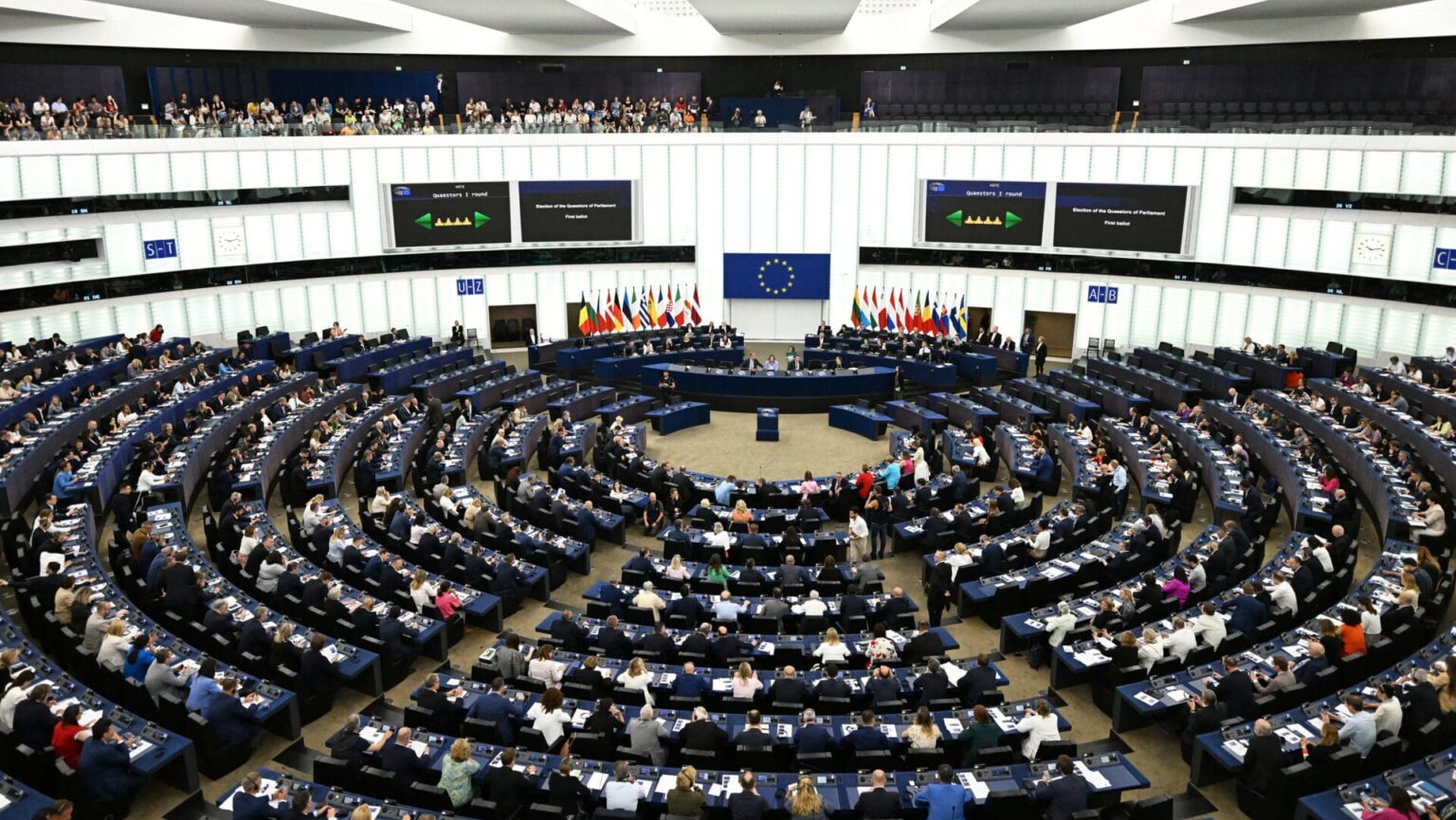
A recently passed law now requires Members of the European Parliament to submit asset declarations in Hungary, in addition to those already required in Brussels. The legislation aims to promote transparency—a mechanism that, as recent corruption scandals have shown, is in poor condition within the European Union.

‘As the speakers warned, cultural memory, constitutional identity and sovereignty will only endure if deliberately defended. Memory without action is amnesia by another name.’
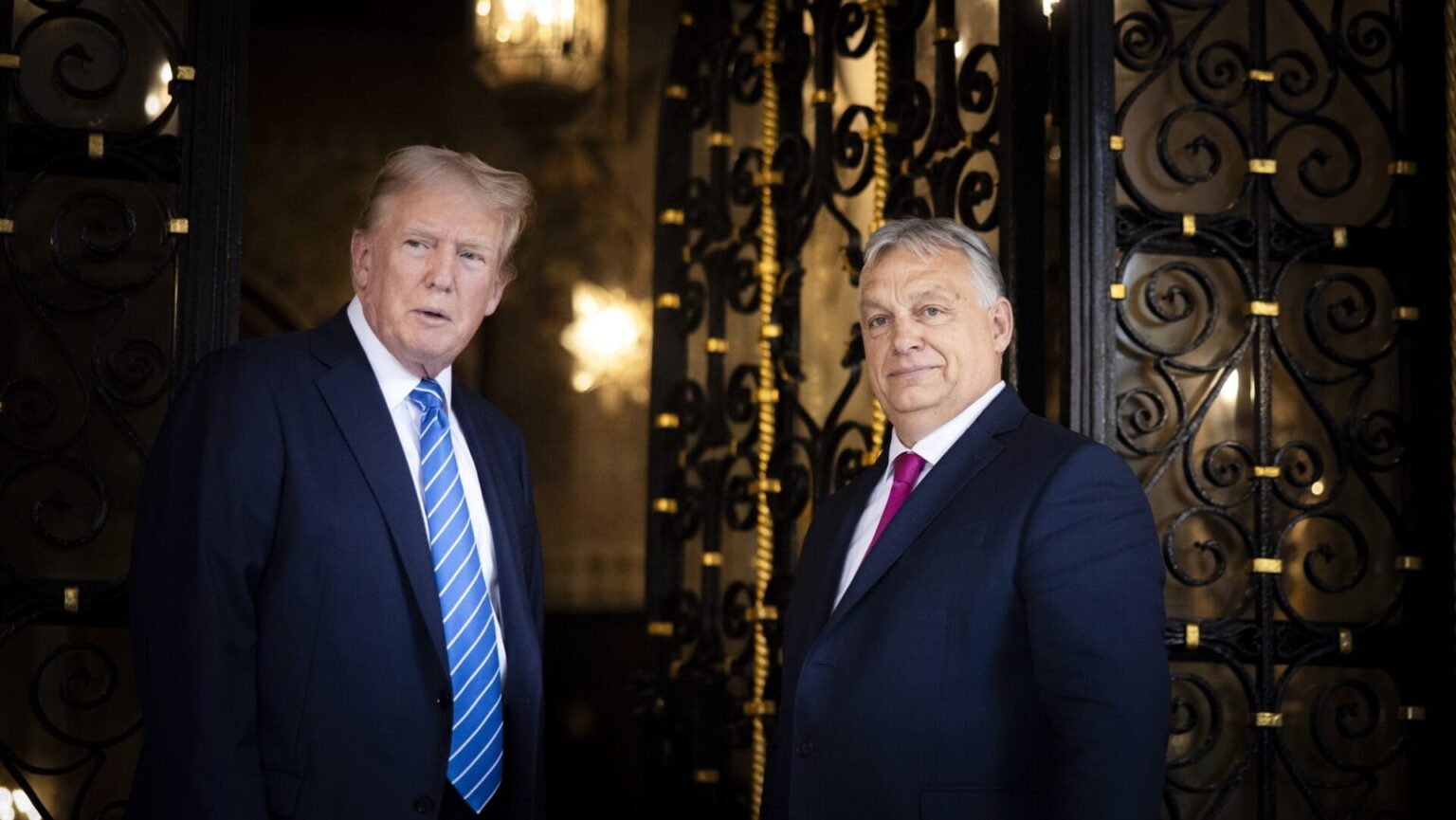
Donald Trump has now been in office for 100 days—an important milestone in any presidency. As a close ally, Hungarian Prime Minister Viktor Orbán and Hungary had high expectations of the Trump administration. But what has actually materialized? In this article, we take a closer look at the first 100 days of Trump’s second term through the lens of Hungary.

Two Siberian tiger cubs were born at the Budapest Zoo on 13 April, the first such birth in nearly 12 years. While the cubs remain out of public view for now, the zoo will share regular updates until visitors can meet them in person in a few weeks.
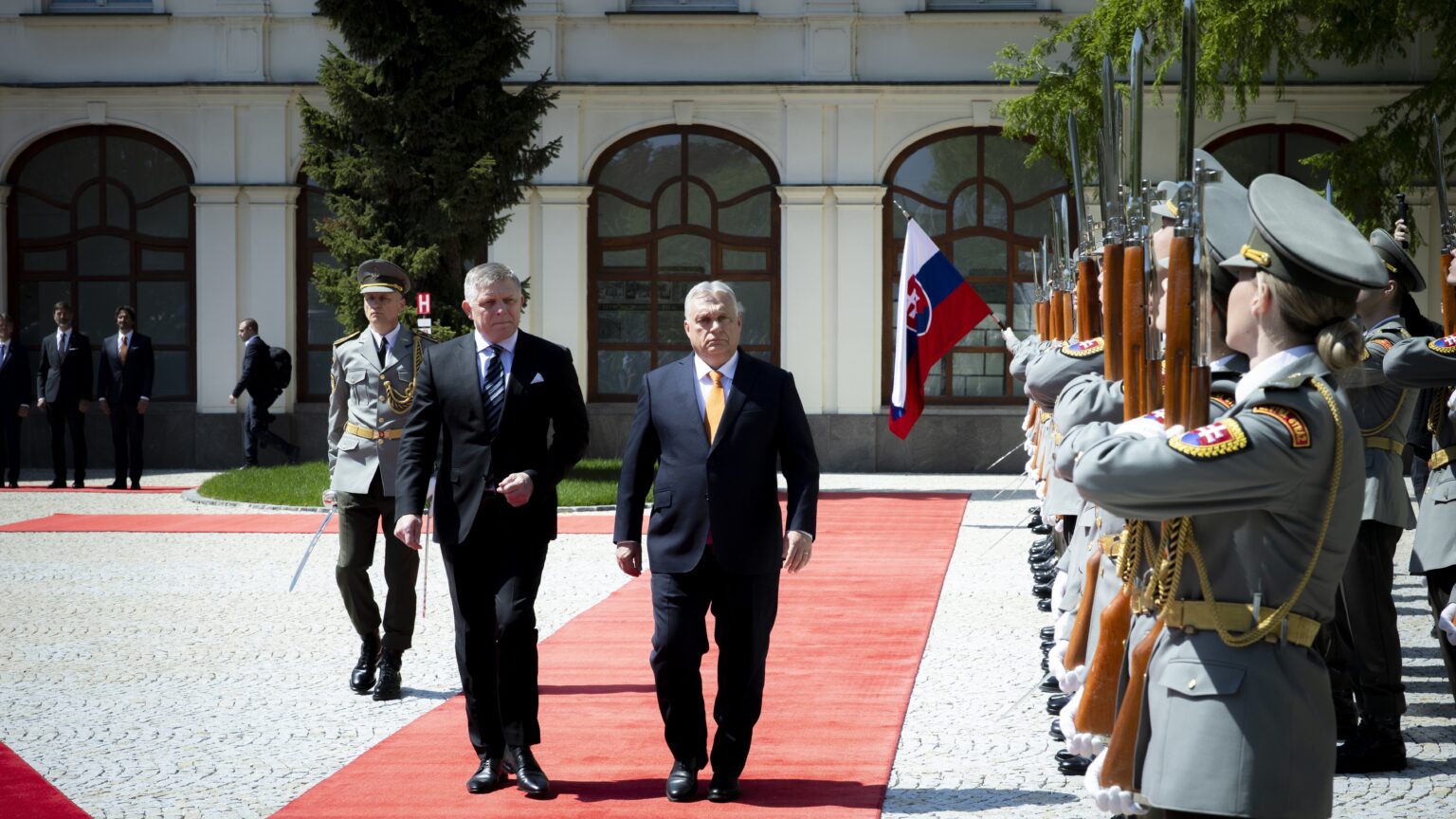
Hungary and Slovakia enjoy their strongest relations ever, PM Orbán said after talks with Slovak PM Fico in Bratislava. The leaders discussed trade, energy, and sovereignty, and pledged infrastructure projects and closer cooperation within the EU.

Emirates and Visit Hungary have launched a joint campaign to promote Hungary as a travel destination, focusing on the Middle East, Asia, and Australia. The initiative aims to boost tourism through coordinated marketing and expanded flight connections.
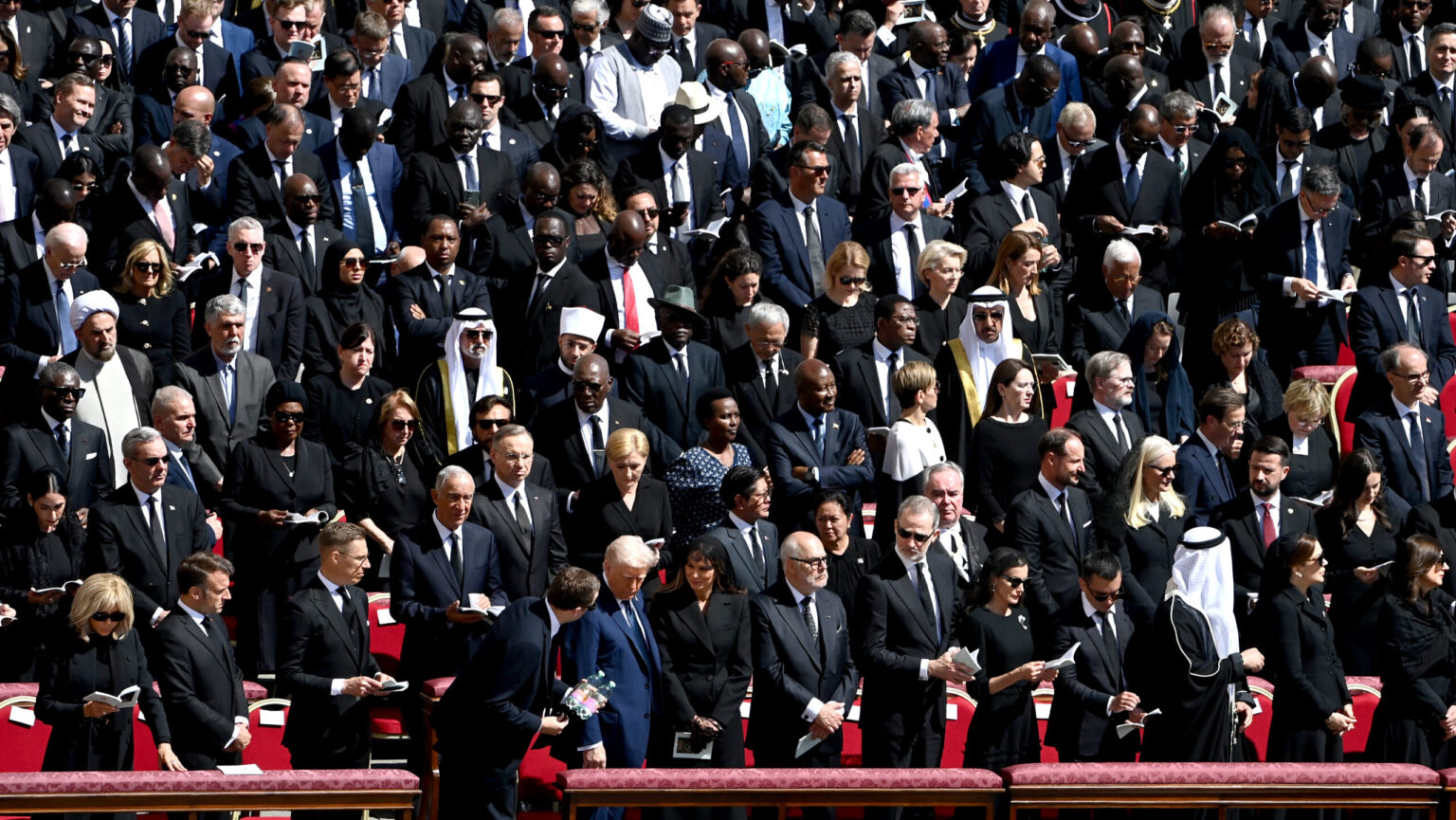
After Pope Francis’ funeral on Saturday, articles and social media posts about Donald Trump wearing a blue suit flooded the internet, accusing the US president of intentionally breaching protocol and disrespecting the late pope by not wearing black. The wave of outrage was triggered by Fortune, which deliberately misled the audience with a manipulated cover photo and a suspicious headline.
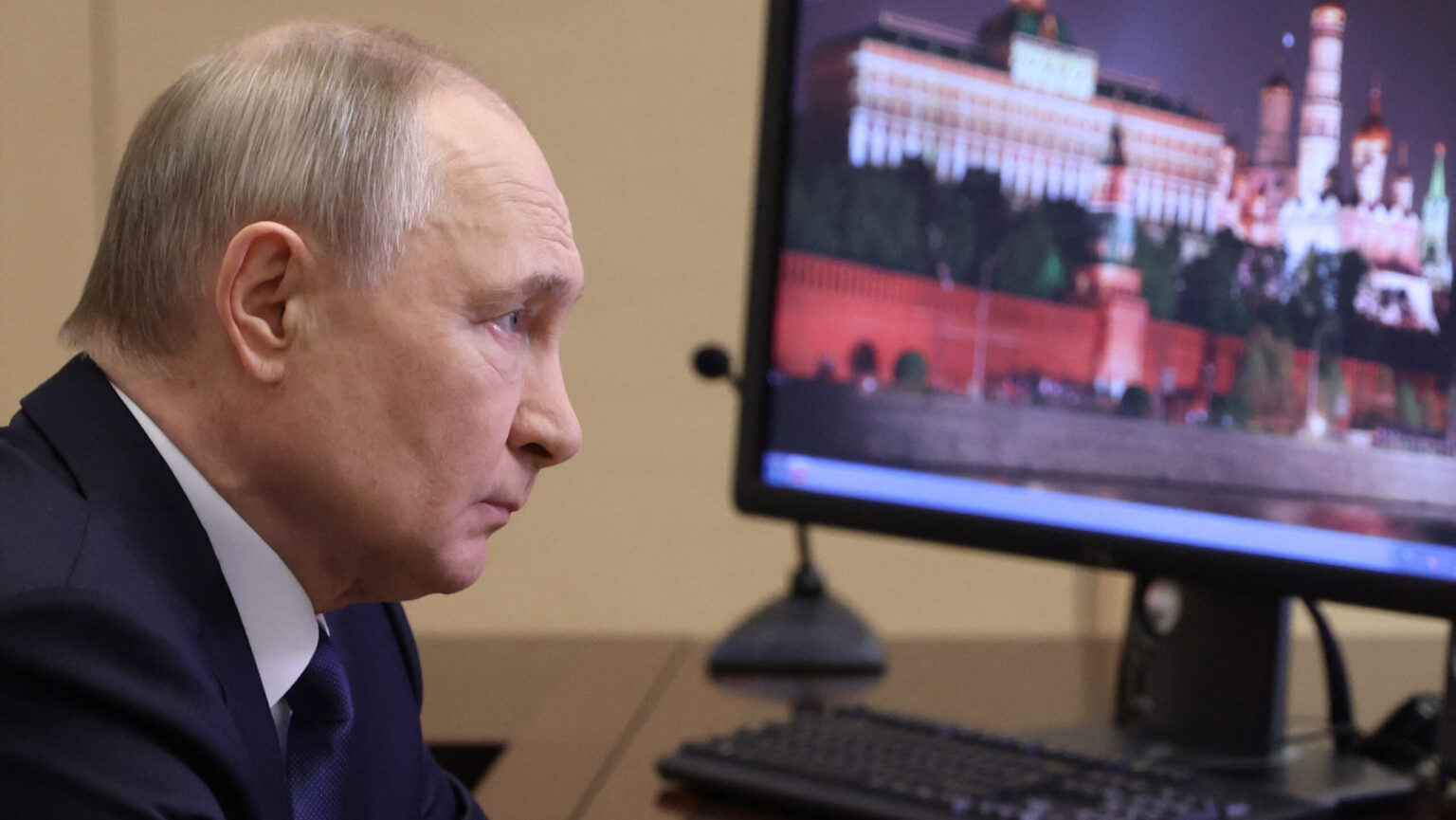
Russian President Vladimir Putin has announced another temporary ceasefire in the war in Ukraine, this time to mark Victory Day—the defeat of Nazi Germany in the Second World War. The truce will last for three days, from 8 May until midnight on 11 May.
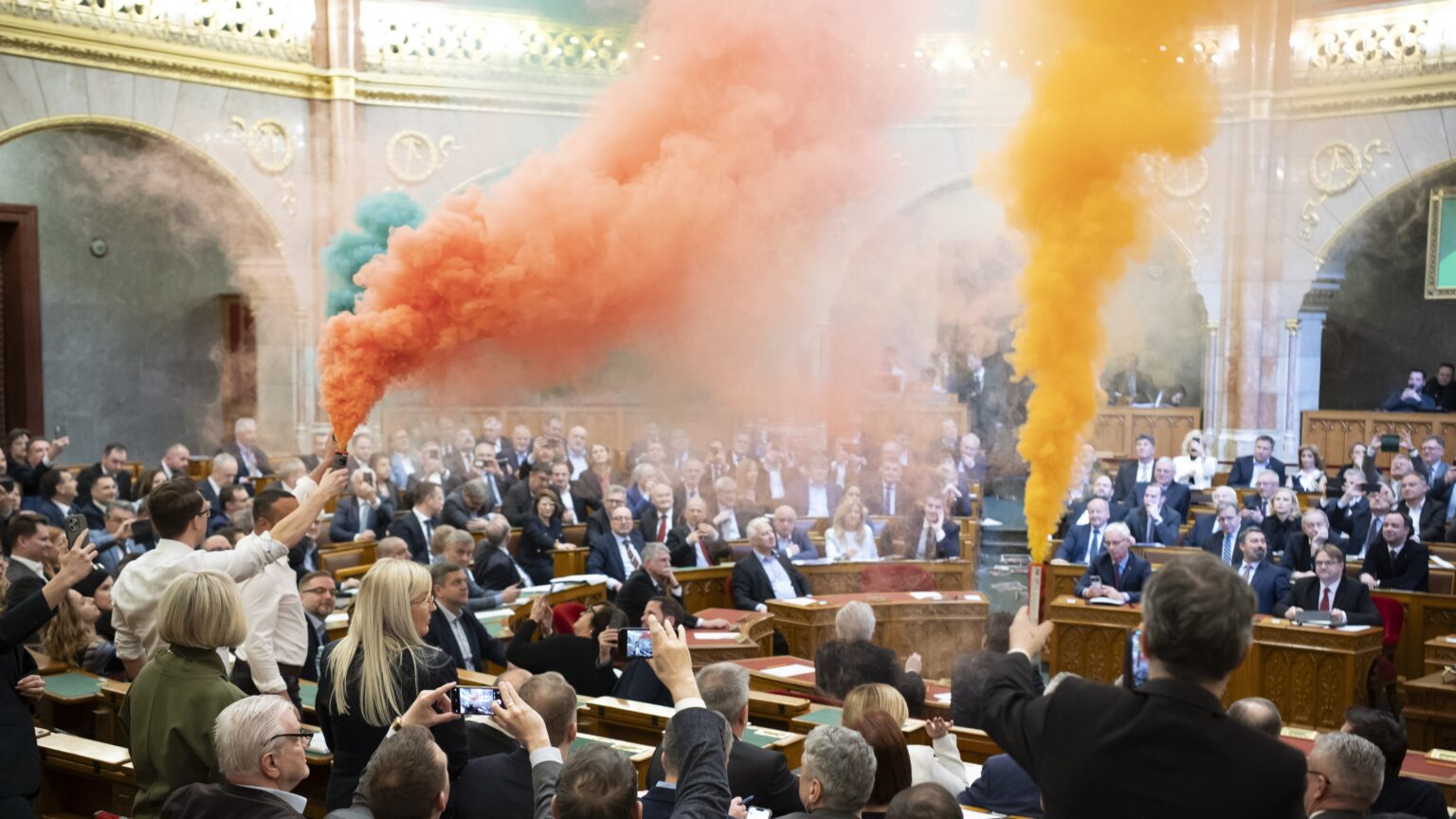
Hungary’s Parliament Speaker fined opposition MPs a record 82 million forints after they disrupted a vote on banning Pride events with smoke bombs and protest banners. Those lighting the devices were also banned from the parliament for 12 days.
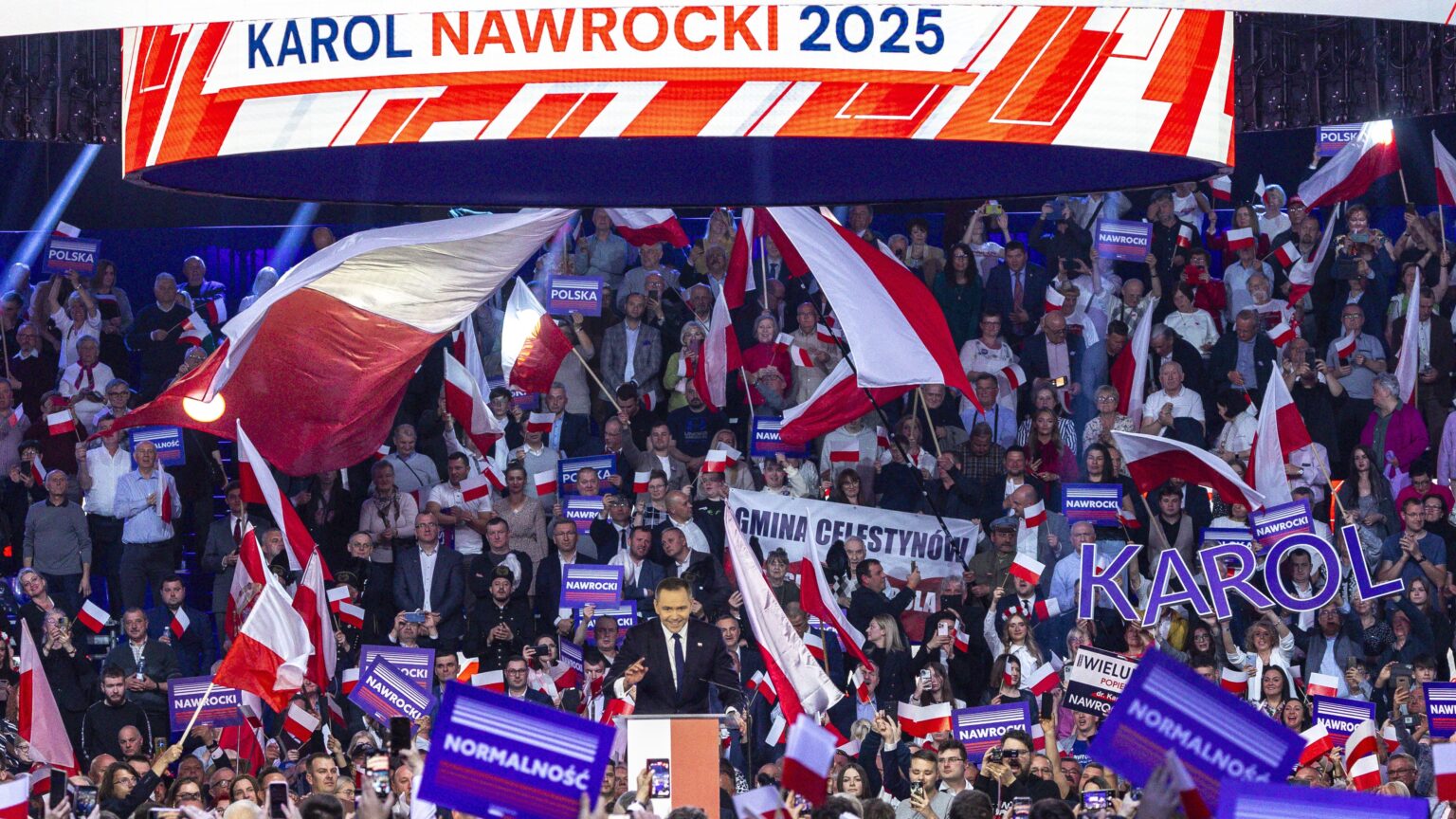
‘Polish conservatives are fighting to maintain the status quo, as President Duda serves as a defiant check on the whims of the Tusk government. Outcomes on legislation related to abortion, “hate speech”, faith, and migration are at stake. A Trzaskowski victory would offer carte blanche to a government that has already disregarded legal and institutional barriers to its exercise of power.’
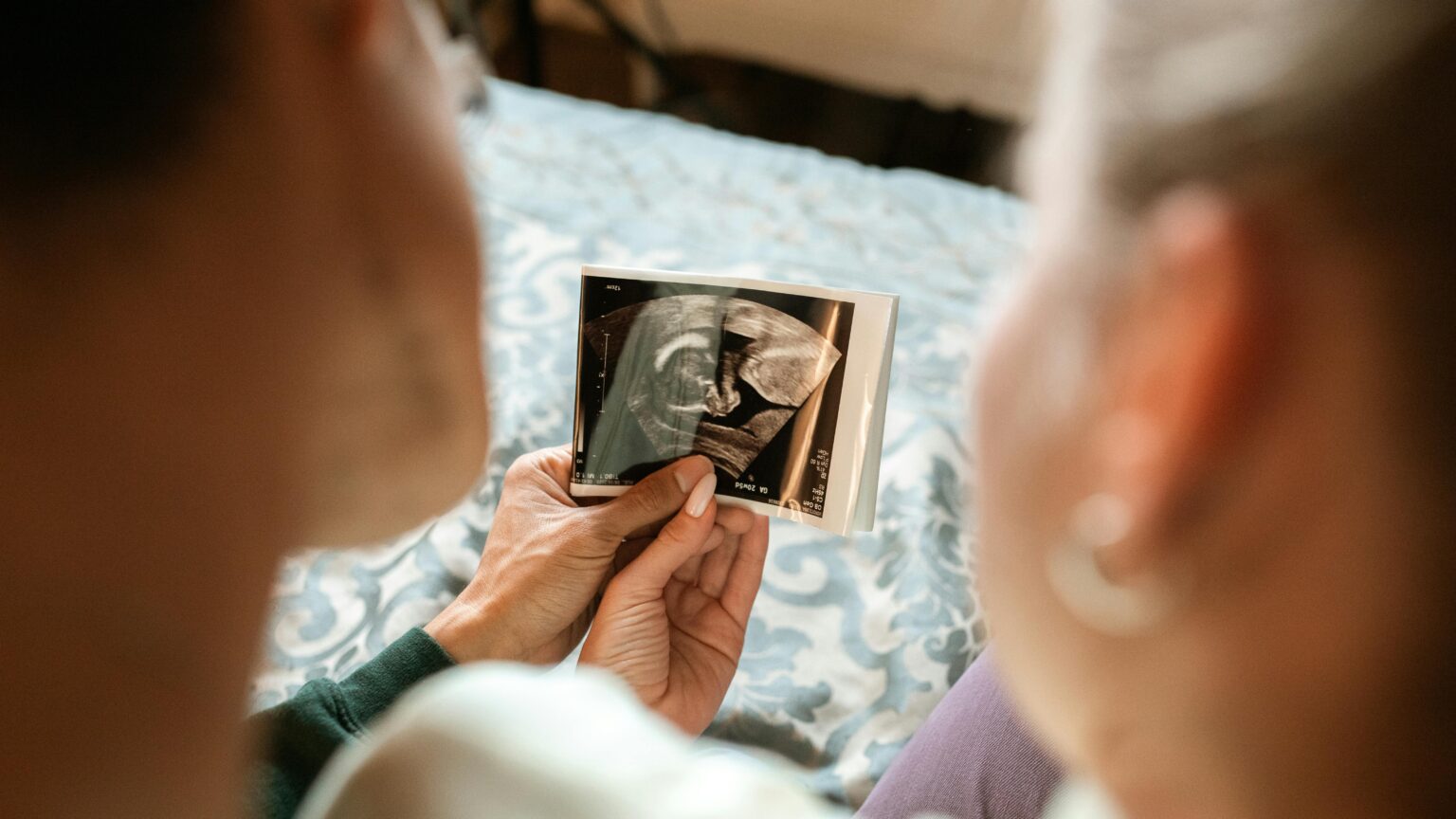
‘We persist in fighting for life wherever opportunities arise. Likewise, we should applaud the conservative government of Hungary for its efforts rather than criticize them. It holds a proven record on life through pronatalist incentives, not just anti-abortion restrictions. In a West fading to demographic dusk, Hungary stands as a partner and a beacon worth defending.’
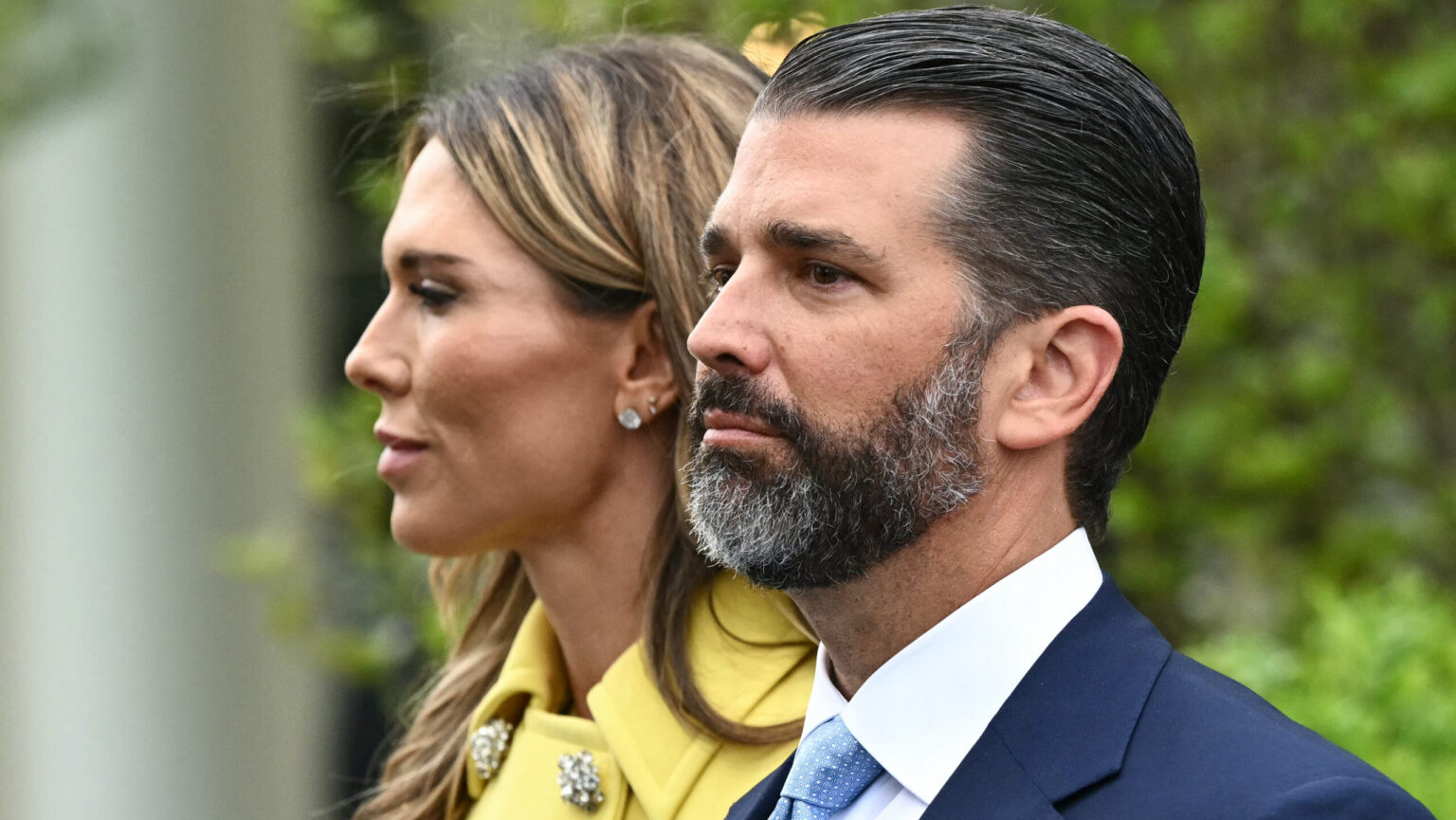
Speaking at the Trump Business 2025 Forum, Executive Vice President of the Trump Organization Donald Trump Jr praised Hungary and Prime Minister Viktor Orbán for defending Western civilization and serving the country’s national interests. The eldest son of US President Donald Trump also hinted at possible future US investments and cooperation in key sectors.
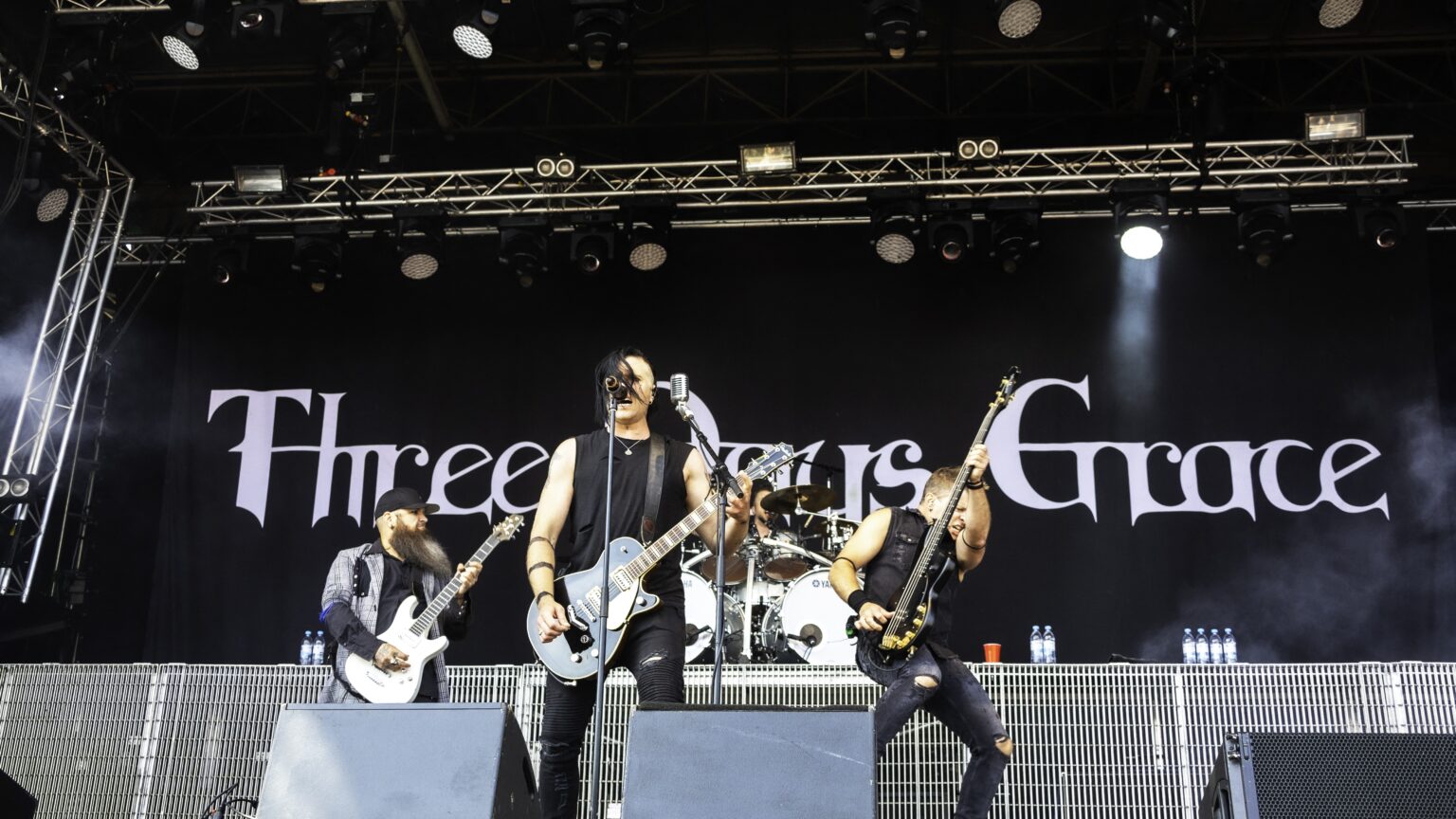
Canadian rock band Three Days Grace will launch their European tour in Budapest on November 14. The concert at Papp László Sport arena will feature the band’s biggest hits alongside new tracks, kicking off a 21-stop tour across Europe.

Budapest has opened WEMOVE, the city’s first integrated mobility exhibition and training centre, offering visitors a hands-on experience with the future of urban transport, from electric vehicles to micromobility solutions.

Following Pope Francis’ funeral, Viktor Orbán called the event a moving and hopeful farewell, highlighting the Pope’s legacy of peace and unity. He urged reflection and emphasized the need for strong Christian solidarity in today’s troubled world.

With their 5–1 victory over Tottenham Hotspur, Liverpool FC are now officially the champions of the 2024–2025 English Premier League season. Dominik Szoboszlai contributed two assists to the victory, and he is now the first Hungarian player to win the Premier League.
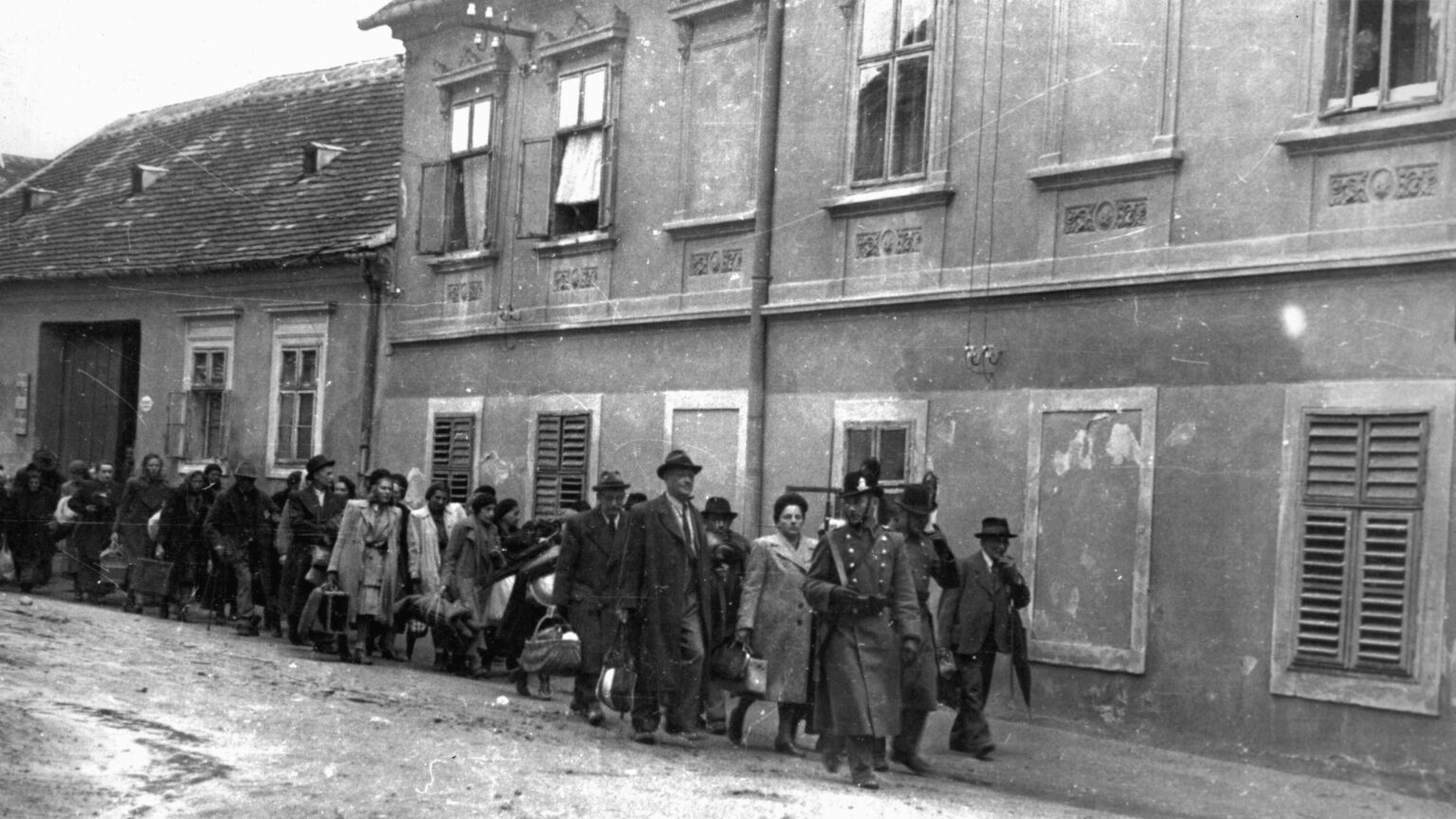
‘It’s equally important to recognize…that at the local level…Arrow Cross members participated in internments, entered ghettos to loot and torture Jews. The author also outlines new directions for both research and remembrance by pointing out that the Jewish victims who had converted to Christianity (the “converts”) are rarely remembered, even though they, too, were often deported and killed.’

‘My primary goal is to make people aware of the existence of this singing pedagogy…The Libero Canto approach presents a completely different paradigm that hasn’t entered the mainstream, because traditional singing schools have a very tight pace of teaching, there are tough exams and performances, which we don’t have because we don’t see the point, as everyone develops at a different pace.’

‘Zsolnay was special because, in addition to its aristocratic and wealthy foreign customers, it always thought of the ordinary person, too. In the last century, there was hardly a household without at least one Zsolnay white bowl or a milk jug, wine bucket, or baking mould from the distinctive pink collection. Here, high quality was matched by an amazing quantity.’

‘Science suggests that 90 per cent is actually the lower limit for what would be Europe’s fair share of emissions reductions by 2040…if we are to achieve net-zero emissions by 2050, we cannot put on the handbrake now, when we have only 25 years to go, and 2023 figures show a reduction of only 37 per cent from 1990 levels so far.’

‘The support and spiritual guidance we received from the Krasznai and Bőjtös families helped us tremendously in adjusting to our new life. Even though I had already served as a pastor for 14 years, the first six months were not easy. I learned a great deal, which helped me understand both the social and religious life here.’
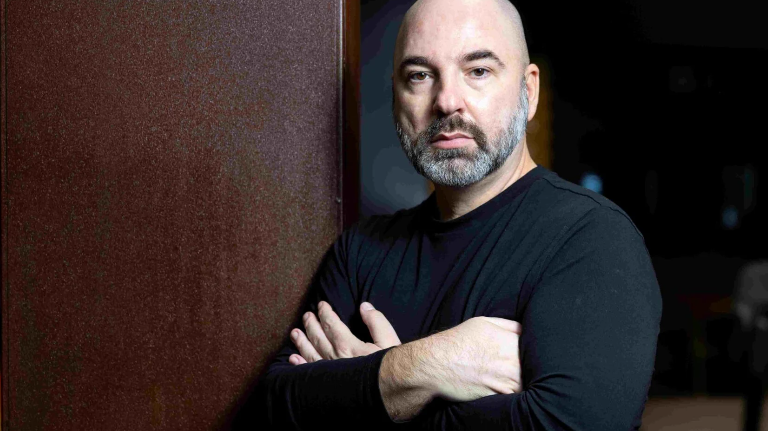
‘We are moving towards the so-called “Hothouse Earth” at an extraordinary pace. There is only one explanation for this: the operation of global industrial civilization has thrown the Earth’s climate systems out of balance. In short, it is not that we are facing processes and consequences the likes of which the Earth has never seen, but that weather events are becoming more extreme…with potentially very serious consequences for our daily lives.’
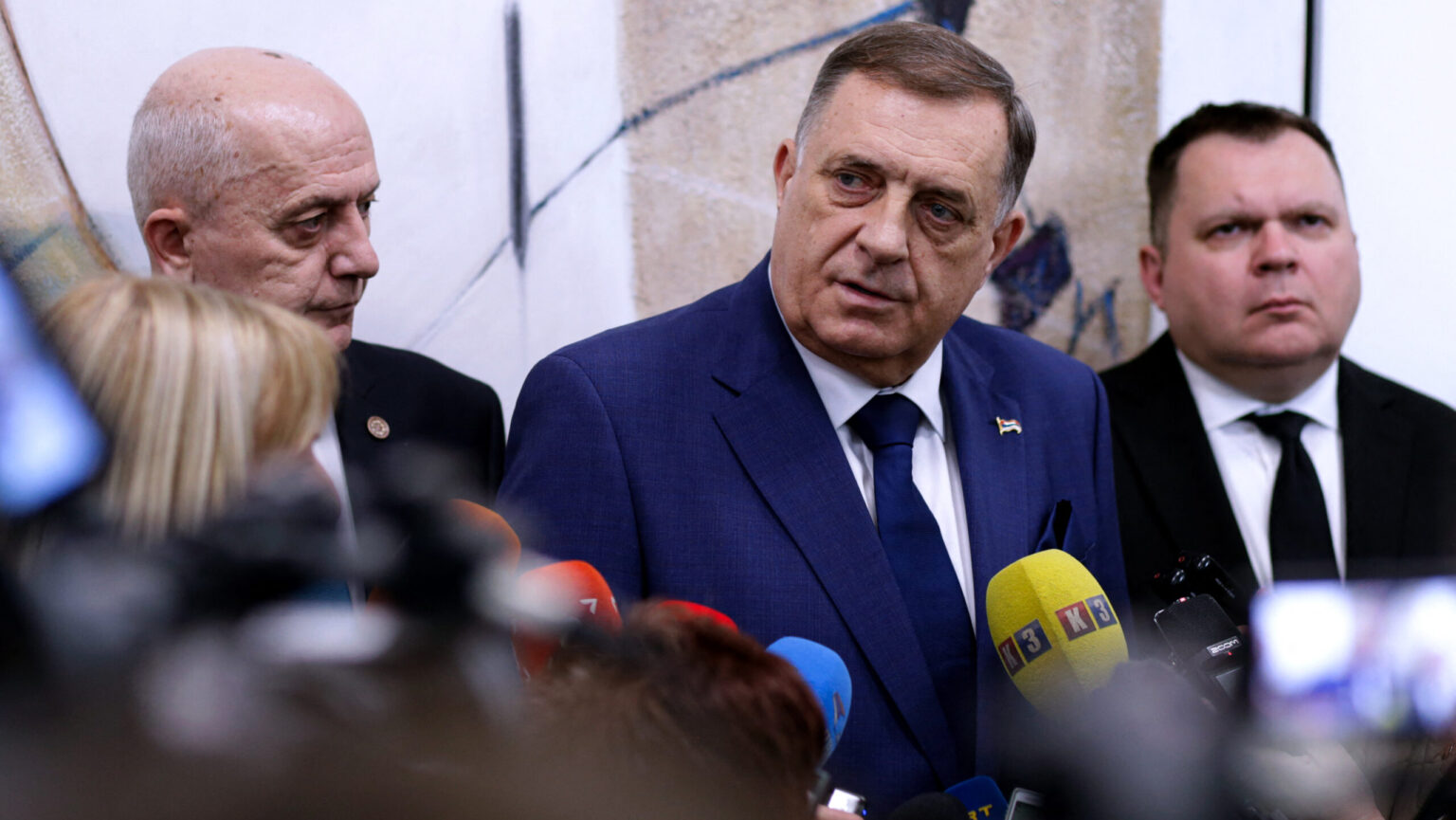
The Sarajevo court could bring new charges against Republika Srpska officials following a failed arrest attempt by a federal agency on Bosnian Serb leader Milorad Dodik on Wednesday. Federal authorities attempted to detain the president in the eastern part of the capital of Bosnia and Herzegovina; however, Bosnian Serb police prevented the operation.
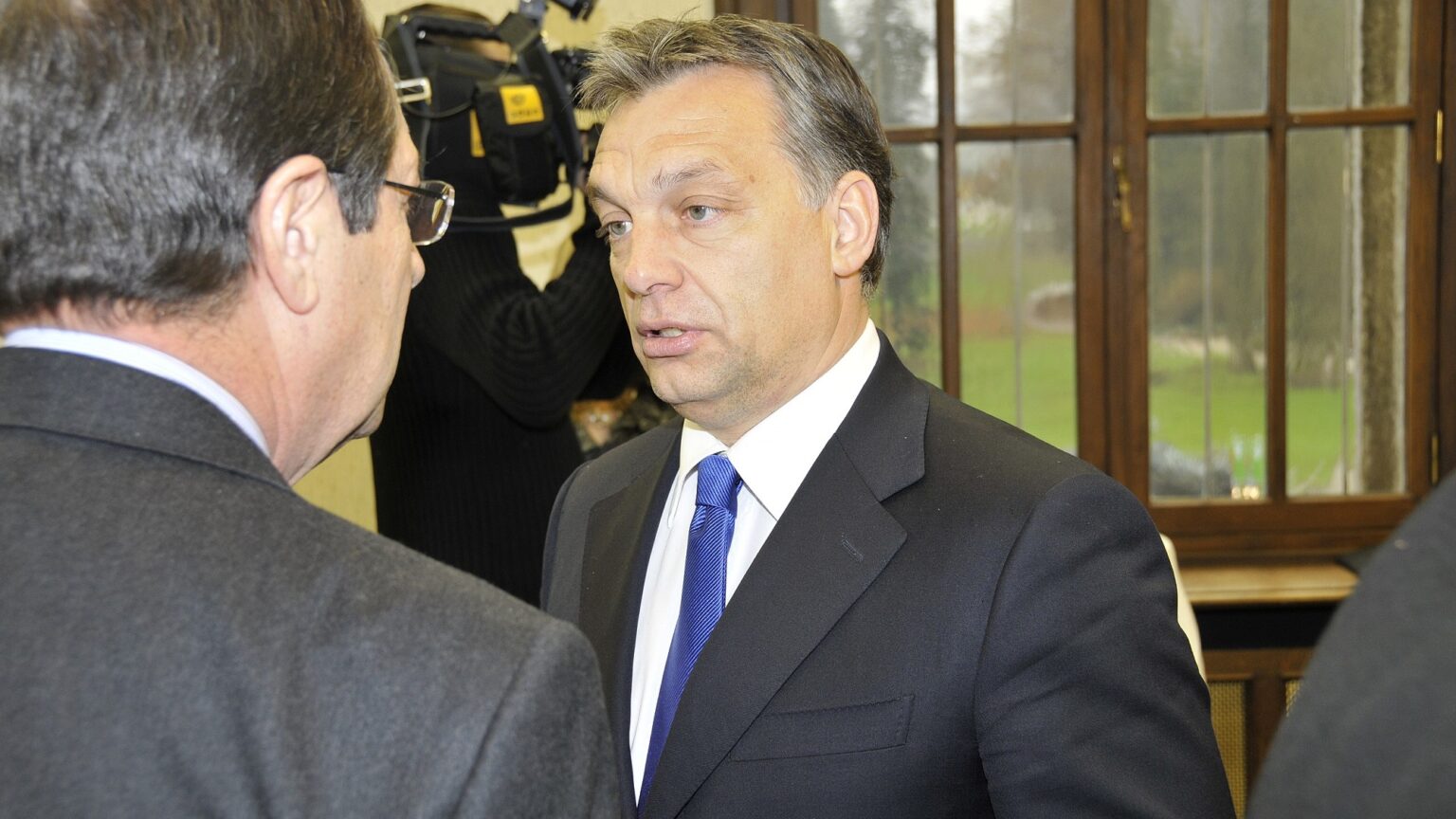
The Fidesz-KDNP coalition, led by Prime Minister Viktor Orbán, won 263 seats out of the National Assembly’s 386 at the time, and won the popular vote by 33.4 points, 15 years ago today, on 25 April 2010. They have won three more elections in a row with a constitutional supermajority since, which is an incredible feat.